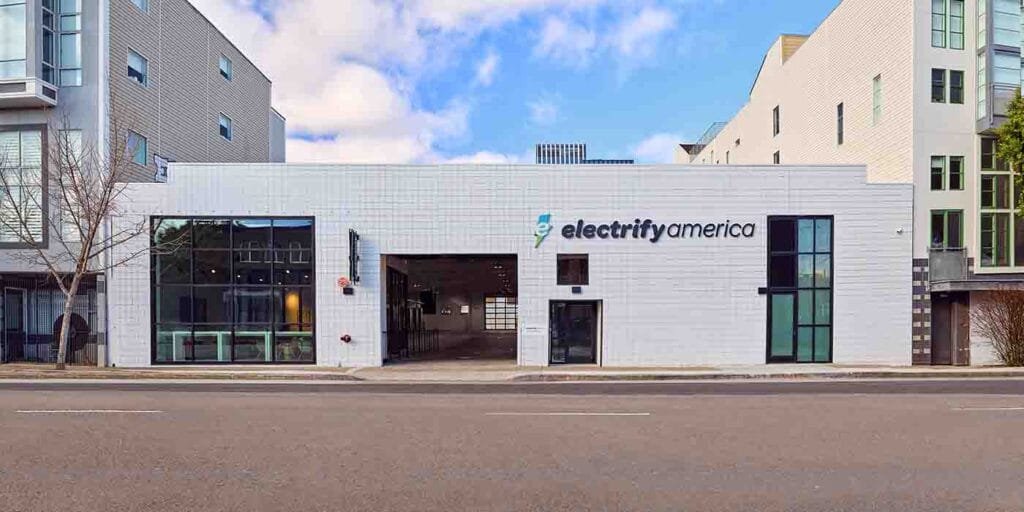To spark action on climate change, the conventional wisdom says that awareness must precede action — but neuroscientist Kris De Meyer suggests the opposite is true: actions drive beliefs. He digs into the science behind decision-making and shows how you can rewire your brain to get unstuck on big challenges.
(Recorded at TED Countdown: Overcoming Dilemmas in the Green Transition on October 29, 2024)
Text above from original video description.
In this insightful talk on the neuroscience of climate change and belief formation, the speaker, a neuroscientist with extensive experience, emphasizes the struggle many face when confronting the overwhelming nature of climate issues. Acknowledging the disappointment that can stem from a perceived inability to effect change, the speaker introduces the concept that “actions drive beliefs.” This principle posits that engaging in action—even before forming a strong opinion—helps to solidify one’s beliefs and sense of agency.
Critically, the speaker highlights that the common approaches in climate communication often miss the mark, as they prioritize raising awareness over encouraging action. The prevailing narrative suggests that facts and emotional appeals compel others to engage. However, the speaker argues that such emotional responses are inconsistent, potentially leading to denial or apathy rather than action. They introduce the “Ginger dog effect” to illustrate that communication about climate issues often suffers from misunderstandings, further complicating efforts to unify action.
Highlights
- 🌍 Understanding Disappointment: Feeling stuck in the face of climate change is common, affecting motivation and belief in personal effectiveness.
- 🧠 “Actions Drive Beliefs”: Initial actions without firm opinions can catalyze deeper engagement and belief formation.
- ❌ Flaws in Conventional Wisdom: The common narrative that awareness must precede action is challenged; emotions are unreliable motivators for societal change.
- 🎭 The Ginger Dog Effect: Miscommunication about climate issues leads to misunderstandings among different groups, causing further division.
- 🤔 The Importance of Listening: Engaging with divergent views and identifying differing interpretations can pave the way for constructive dialogue.
- 🌱 Creating Conditions for Self-Persuasion: Rather than persuading others outright about climate truths, facilitating actions can lead to personal belief transformation.
- 🔄 Inspiring Collective Action: Sharing personal experiences of action can inspire a ripple effect, motivating others to take steps towards climate engagement.




